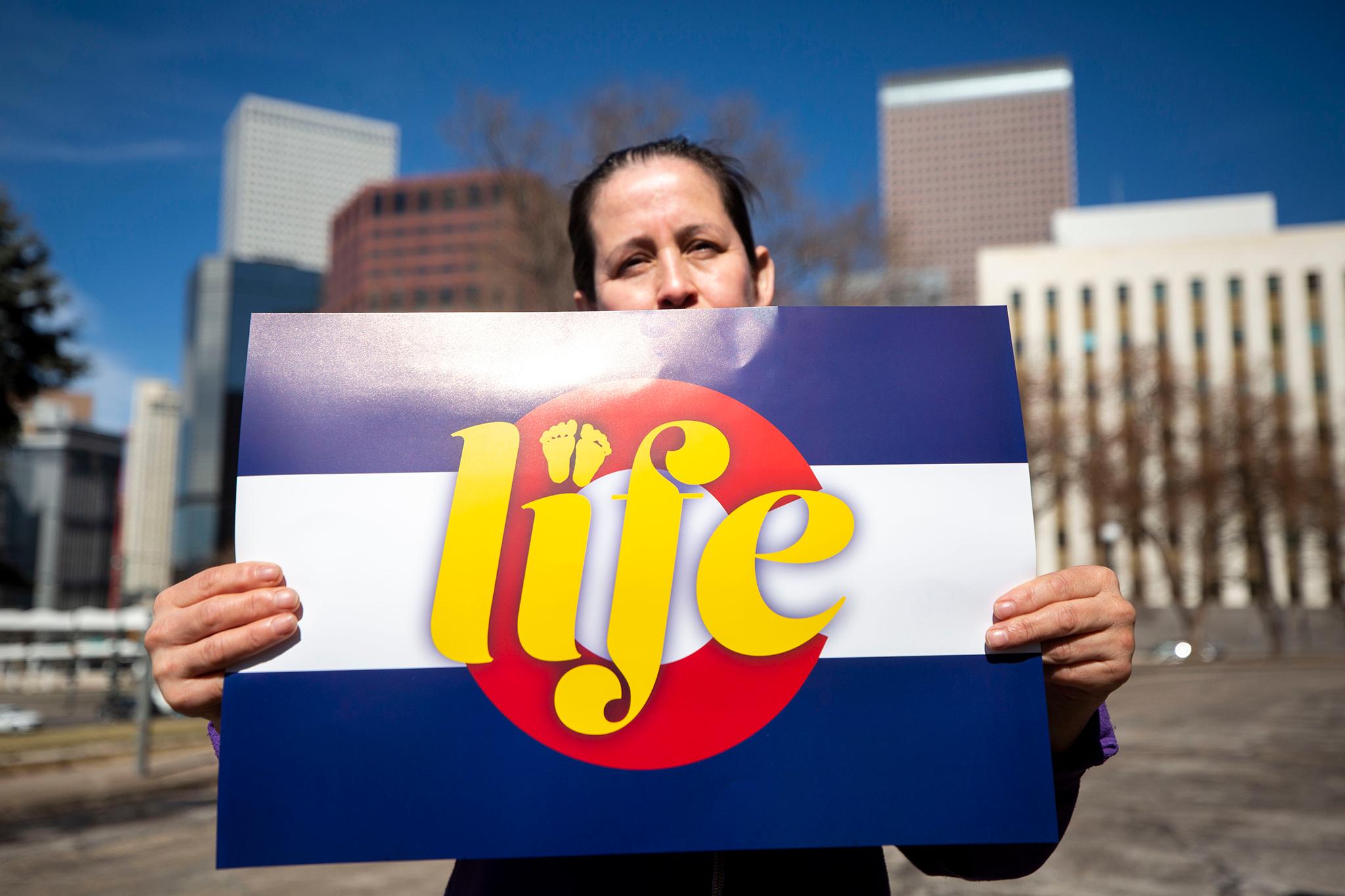
A Catholic health care clinic in Colorado that offers what it bills as “abortion pill reversal” will be temporarily allowed to continue the treatments under a recent decision from United States District Judge Daniel D. Domenico.
Gov. Jared Polis signed a law Friday that classifies providing abortion reversals as “unprofessional conduct,” making Colorado the first state to effectively outlaw the controversial treatment. Bella Health and Wellness, an Englewood-based nonprofit health care practice, immediately sued to be exempted from the policy.
The judge granted a temporary restraining order on Saturday to allow the clinic to continue offering the service while the case proceeds. A hearing on a preliminary injunction that could ban the law from taking effect statewide is scheduled for April 24.
Attorneys representing the clinic said the law violates practitioners' constitutional rights to free speech and exercise of religion, as well as their patients’ rights to receive information about medical treatment.
“No public health goal is served by denying Colorado women a treatment available in every other state even to women who have changed their minds and choose to continue their pregnancy after taking one abortion pill,” said a court filing.
“Abortion pill reversal” involves prescribing progesterone to a patient who has taken the first of the two pills used to induce a medication abortion. The research about whether that intervention increases the likelihood that a pregnancy will continue — and whether it may lead to significant side effects — is extremely limited and hotly contested.
In court filings the clinic said it was in the process of treating a patient with progesterone when Polis signed the bill Friday.
Bella Health and Wellness said the law puts that patient at risk of having that care interrupted and leaves the clinic in an impossible situation.
“Either deny care in accordance with this new law and violate their sincerely held religious beliefs or continue to provide life-affirming care to their patients at the risk of losing their licenses,” said the court filing.
Under Colorado’s law a health care provider would be subject to disciplinary measures if it “provides, prescribes, administers, or attempts medication abortion reversal.” The law does require the state’s medical, pharmacy and nursing boards to review the science around abortion reversal and weigh in by October on whether it should be considered a “generally accepted standard of practice.”
In issuing his decision Judge Demonico said Colorado has an interest in preventing deceptive trade practices and medical treatments that are not generally backed by the medical community.
“But though the efficacy of progesterone treatment in maintaining a patient’s pregnancy after taking mifepristone appears debatable, this treatment does not appear to pose severe health risks to patients who receive it,” he said, noting that the treatment is currently legal in every state but Colorado.
Laura Wolk Slavis, counsel at the Becket Fund for Religious Liberty, which is representing Bella Wellness, said they are grateful that the court halted the “draconian law.”
In a written statement Wolk Slavis said the law is the opposite of choice. “It targets women who have changed their minds and forces them to undergo abortions they want to stop. This law tramples the constitutional rights of these women and their doctors.”
In addition to banning abortion reverse treatments, the new law makes it a deceptive trade practice for pregnancy resource centers and clinics to advertise that they provide abortions or, emergency contraception, or referrals for those services, if they don’t.








